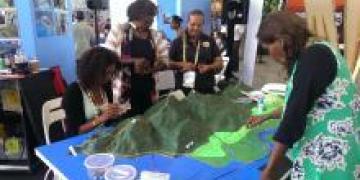Promote relevant legislation and strictly comply with the regulations, formulate planning and management measures and implement them
Strengthen domestic and international cooperation and exchange, strength science popularization and public awareness, improve scientific research and monitoring capabilities
On the premise of guaranteeing the ecological protection, sustainably develop the economy to improve the livelihood of local communities and residents
